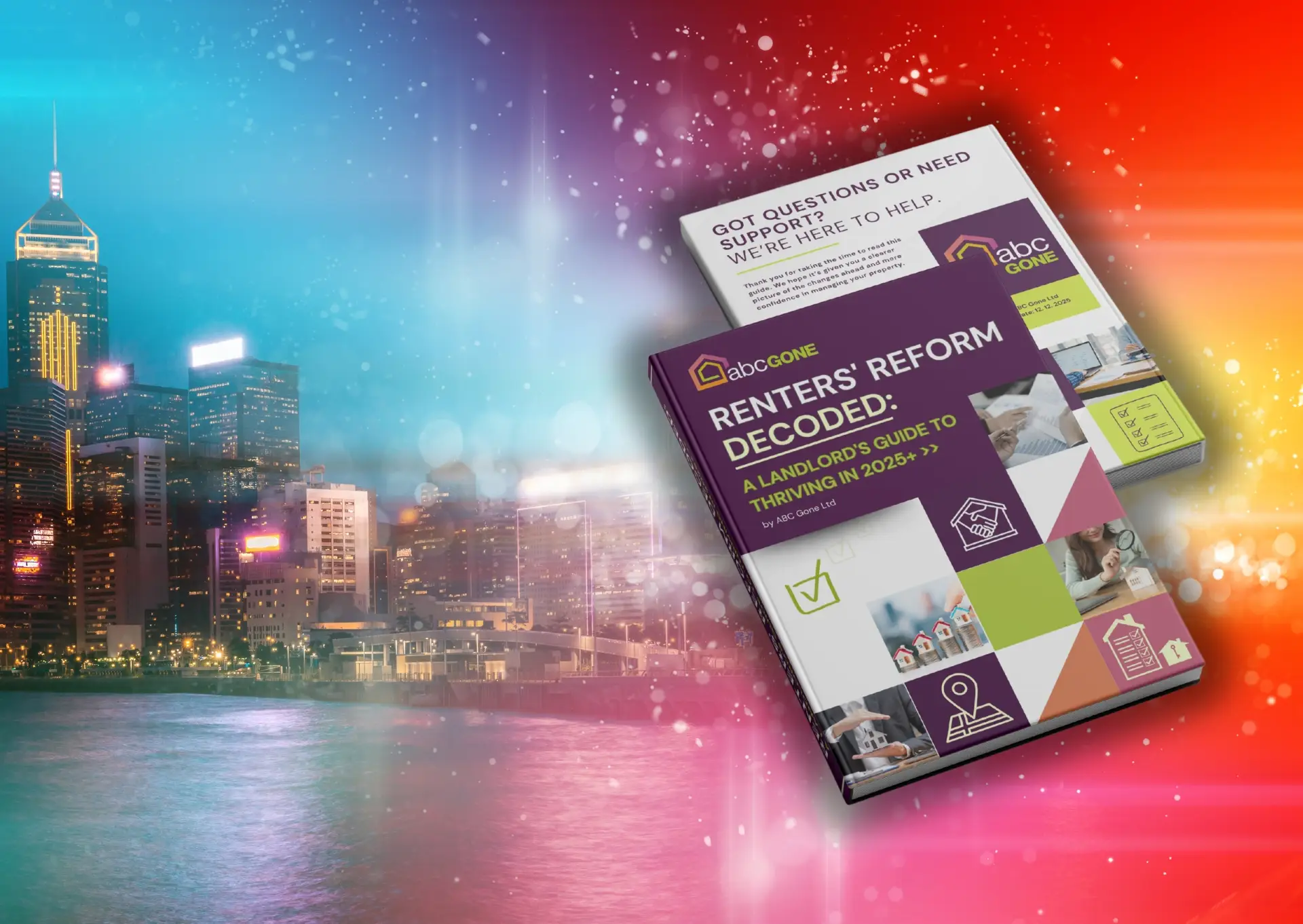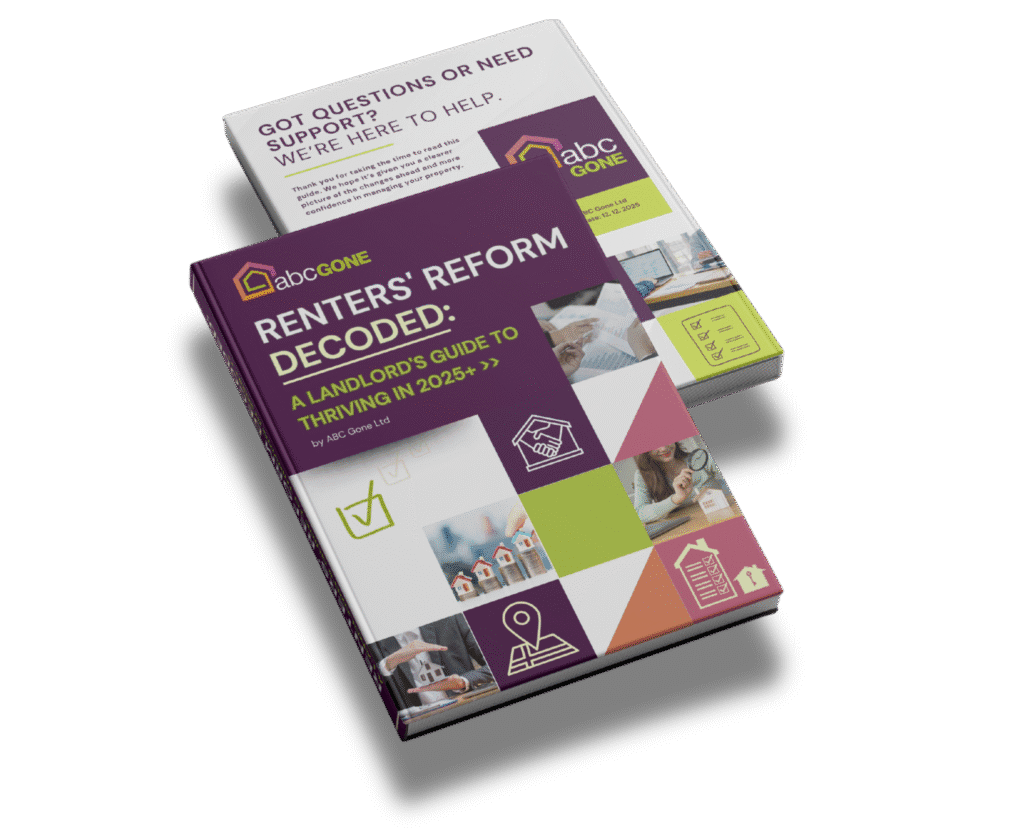All landlords in England must carry out right to rent checks on new tenants before their tenancy begins. A legal requirement since 2016, right to rent checks were introduced to ensure that only people living in the UK legally can rent property in England.
It is down to landlords to carry out right to rent checks and there are harsh penalties for anyone who fail to do so – including heavy fines. There have been changes to right to rent checks over the past few years – so whether you’re a new landlord, or have been renting out property for a while, we look at the key things you need to know.
What is a right to rent check?
A right to rent check is a check on the immigration status of a prospective tenant to ensure they have the legal right to live in the UK. Landlords are obliged to carry out the checks for all tenants over the age of 18, regardless of where they are from and whether or not they are named on the tenancy agreement.
Who is responsible for right to rent checks?
Landlords are responsible for making sure right to rent checks take place, however, you may appoint a letting agent to carry out the checks for you, as long as you do so in writing.
Which tenants need to be checked?
All tenants over the age of 18 who are living in the property as their main home must be checked. It is against the law to discriminate against people because of their race or where they come from by only carrying out right to rent checks on people, who you think are not British citizens.
Who has the right to rent in the UK?
According to the current law – check the gov.uk website for updates – these people have the right to rent:
- British and Irish citizens or those with indefinite permission to be in the UK.
- EU, EEA or Swiss nationals with indefinite leave to remain under the EU settlement scheme.
People with leave to enter or remain in the UK for a limited period have a limited right to rent in England but will require a follow up check.

How to check your tenant’s right to rent
There are two ways to carry out a right to rent check
- By checking original documents
- By checking online using a ‘share code’
Right to rent checks using original documents
Follow these steps to check your tenant’s right to rent using original documents:
- Establish which people over 18 will be living in the property as their main home.
- Ask for original documents that show your tenants have the legal right to rent in the UK. For UK and Irish citizens, original copies of a passport or birth certificate can normally be used. You cannot accept biometric residence cards or permits – these tenants will need to use a share code (see below).
- Check their documents – make sure that:
- They are originals not copies.
- They have not been damaged or changed.
- If applicable, they state that the tenant has permission to stay in the UK and that this time has not elapsed.
- Photographs are identifiable as the tenants.
- The date of birth is correct – and believable.
- The names correspond with names they have given you – if different you will need supporting evidence such marriage certificates or divorce decrees.
Right to rent checks with a share code
Use this method for tenants who have:
- a biometric residence card or permit
- settled or pre-settled status
- applied for a visa and are using the ‘UK Immigration: ID Check’ app
Follow these steps to check your tenant’s right to rent using a share code:
- Check if the property is used as the tenant’s main home.
- Ask for the share code.
- Check their status online using the share code and the tenant’s date of birth
What if the tenant does not have the right documents or a share code?
It may be impossible to make the checks if the Home Office has your tenant’s documents, pending an appeal on their case, for example. If this happens you should use the Home Office landlord’s checking service and the tenant’s Home Office reference number. You will receive and answer from the Home Office within two working days.
You must not let the property to the tenants if the landlord’s checking service tells you they do not have the right to rent.
Follow-up checks
If your tenant’s right to stay in the UK is time limited, you must do a follow up check. You should do this at the end of their period of permission to stay or a year after the previous check, whichever is later.
If your tenant fails a follow up check, you must contact the Home Office. Even if your tenant passed their initial right to rent check, you can still be fined if you don’t carry out a follow-up check or inform the Home Office that the tenant has failed a check.
What are the penalties for having illegal tenants?
The penalties for renting property to someone without the right to rent are severe. At worst, you could receive a five-year prison sentence or an unlimited fine. This applies to landlords who rent to someone they have reason to believe does not have permission to stay in the UK or whose leave to remain has expired. It also applies if their documents were incorrect or false. Landlords could also be fined if they can’t demonstrate that they completed a right to rent check.
Do I need to complete the right to rent check myself?
Private landlords can ask a letting agent to carry out right to rent checks as part of their management service. You must have your agreement with the agent in writing.
If you are a new landlord looking for help with right to rent checks, or any other aspect of renting out property in the Essex or east London areas, talk to us. We’d be happy to take the responsibility for some of the tricky and time-consuming landlord duties off your shoulders.





